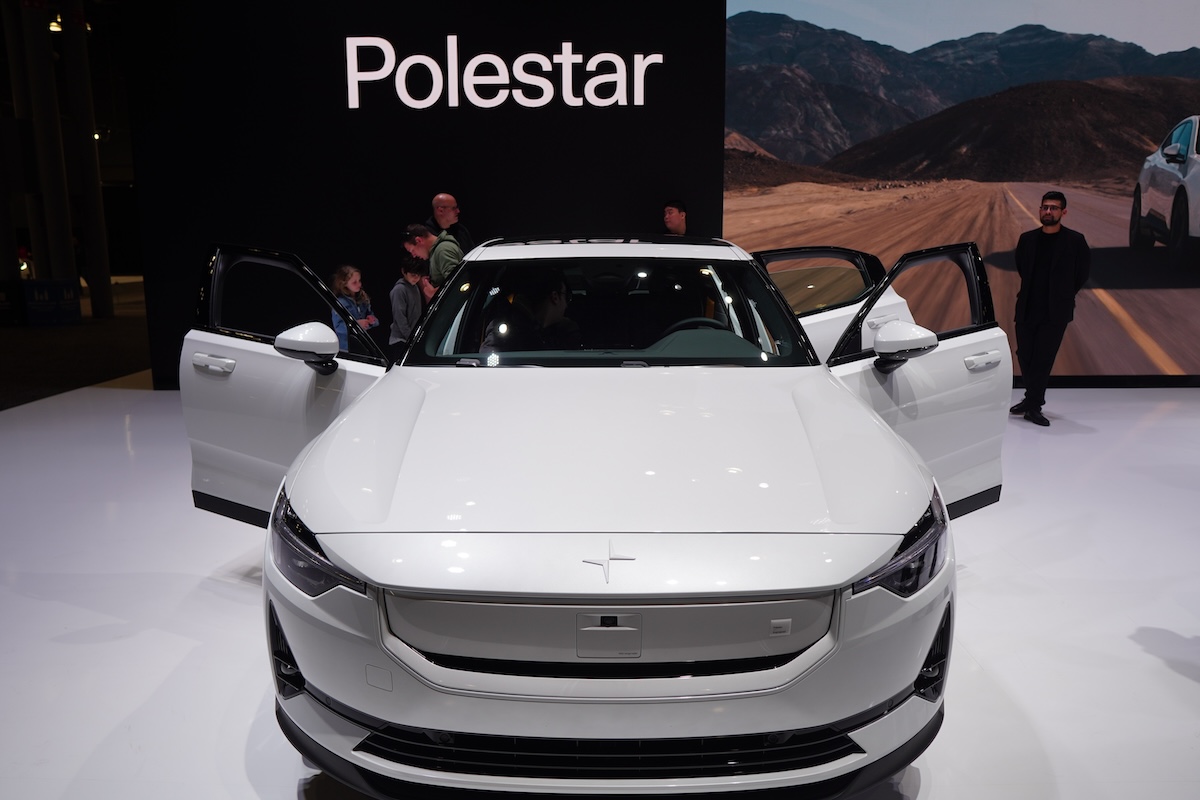
As competition for market share in the highly competitive electric vehicle (EV) sector continues to intensify, it’s likely that the industry will reach a tipping point where the winners and losers are decided in the coming years.
For Swedish EV maker Polestar Automotive Holding (PSNY), the race for grabbing market share might soon be a lost cause.
In a recent regulatory filing, the company said that its management had “assessed” the company’s “ability to continue as a going concern.”
“As a result of this assessment, management identified a material uncertainty that casts doubt on Polestar Group's ability to obtain sufficient financing to support its cash flow needs and ensure on-going compliance with its debt covenants,” the company noted.
Polestar pointed out that its management considered information including cash flow forecasts, liquidity forecasts and operational forecasts for the 12 months following the regulatory financial statement in its assessment of the company’s business.
The assessment also considered how “macroeconomic” and “geopolitical factors” could impact its business.
Polestar reported a 56% revenue growth in the first half of the year during its earnings last week, but also posted a net loss of $1.02 billion in the second quarter, compared to a $268 million loss in the same quarter a year ago.
The company attributed the wider loss to a $739 million non-cash impairment charge on its Polestar 3 sport utility vehicle, driven by higher US import tariffs and a slowdown in EV demand.
Polestar withdrew its financial guidance, citing external challenges and the need to reassess its business plan.
Polestar is running out of cash to burn
Although EV sales hit record levels this summer in the U.S., the market is about to get much more daunting for electric automakers.
The sale of EVs rose 3.7% higher in August from 2024, but consumers were rushing to buy the vehicles before the $7,500 federal tax credits expire Sept. 30 – and many automakers were offering significant deals to take advantage of that rush.
However, analysts expect the EV market to stall in the U.S. due to the Trump administration’s policies.
Approximately 77% of Polestar’s sales came in Europe during the first half of the year, while 8% were in the U.S.
"We will not grow in the U.S. at any cost, because the financial exposure is then too high," the company said in a post-earnings call.
The company’s cash position was $719 million at the end of June, while it’s also carrying a debt load of $5.5 billion,
Polestar CEO Michael Loxcheler said during the company’s earnings call last week that the company still has “some headroom” despite its debt.
“And as we mentioned it previously, it is very much important for us to deleverage this level of debt and to continue financing our operation and investing activity, diversifying our source of funding and raising new equity,” he said.
But as Polestar’s stock has plummeted 39.5% over the past year and is now trading below $1, it will make raising further capital even more difficult for the company.
"We think their big problem is going to be EV demand in the absence of incentives combined with liquidity," Garrett Nelson, senior equity analyst at CFRA Research, told Reuters.
Your email address will not be published. Required fields are markedmarked